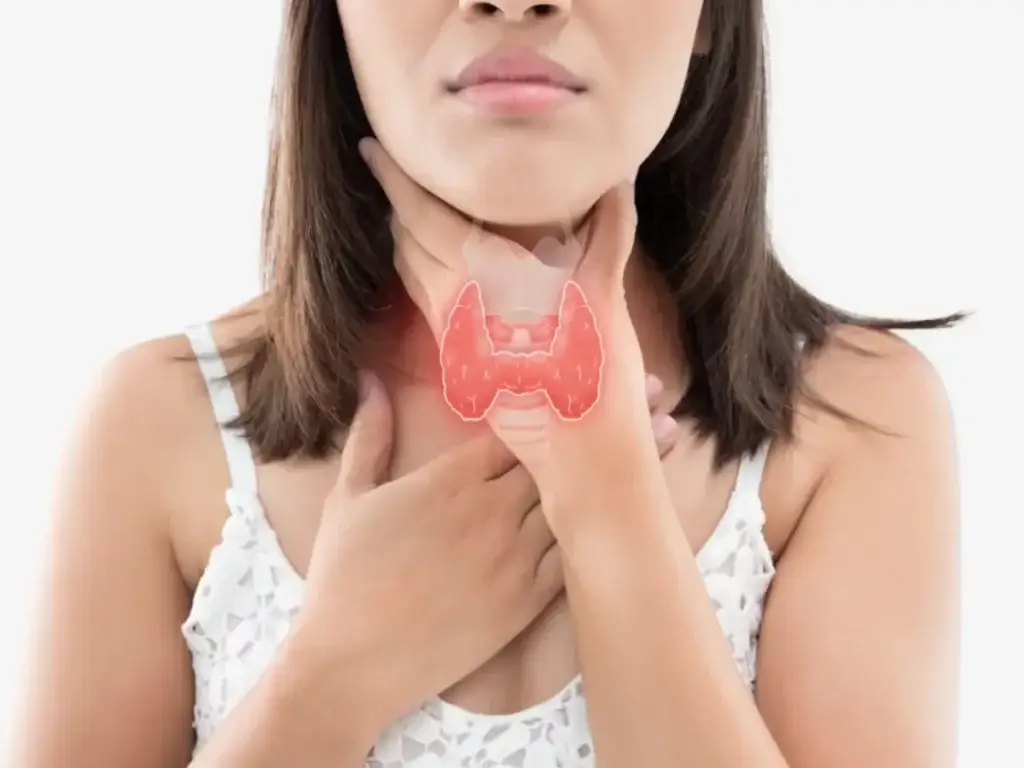Thyroid disorders, especially among women above 20, are becoming increasingly prevalent. A seemingly small gland located at the base of the neck, the thyroid plays a pivotal role in controlling our metabolism. When it malfunctions, it can cause a myriad of health issues. But why are young women particularly susceptible? We turned to an expert to shed light on this concern.
Thyroid Disorders: A Quick Overview Before delving into the specifics, it’s crucial to understand the basics. The thyroid gland produces hormones that regulate our body’s energy use. When it produces too much (hyperthyroidism) or too little (hypothyroidism), it can cause symptoms ranging from fatigue, weight gain, depression, to even heart problems.
Why Young Women? According to the expert, several factors make young women more prone to thyroid disorders:
- Hormonal Changes: Women undergo various hormonal changes throughout their lives. Factors like menstruation, pregnancy, and menopause can influence thyroid function. In some cases, pregnancy can trigger thyroid disorders, which might persist post-delivery.
- Autoimmune Diseases: Women are more susceptible to autoimmune conditions, where the body mistakenly attacks its cells. Hashimoto’s thyroiditis, an autoimmune disorder, is a common cause of hypothyroidism in young women.
- Diet and Lifestyle: Modern diets, often deficient in iodine, can be a contributing factor. The thyroid requires iodine to produce hormones. While table salt is iodized, those who limit salt or consume sea salt might not get enough iodine.
- Stress: Chronic stress can wreak havoc on the endocrine system. The connection between stress and thyroid function is complex, but prolonged stress might exacerbate thyroid issues.
- Genetics: If thyroid disorders run in the family, young women might have a predisposed risk.
Detection and Management Thyroid disorders can be subtle, often mimicking other conditions. Regular check-ups and staying alert to symptoms can lead to early detection. Symptoms to watch for include:
- Unexplained weight gain or loss
- Fatigue
- Mood changes
- Hair loss
- Irregular menstruation
If you suspect a thyroid issue, consult a doctor. Blood tests can assess hormone levels and determine if there’s a problem. Fortunately, thyroid disorders are generally manageable with medication, dietary changes, and lifestyle adjustments.
While thyroid disorders in young women over 20 are concerning, understanding the underlying reasons can empower individuals to take preventative measures. Regular health check-ups, a balanced diet, managing stress, and being aware of family history can be effective strategies in both prevention and management.
